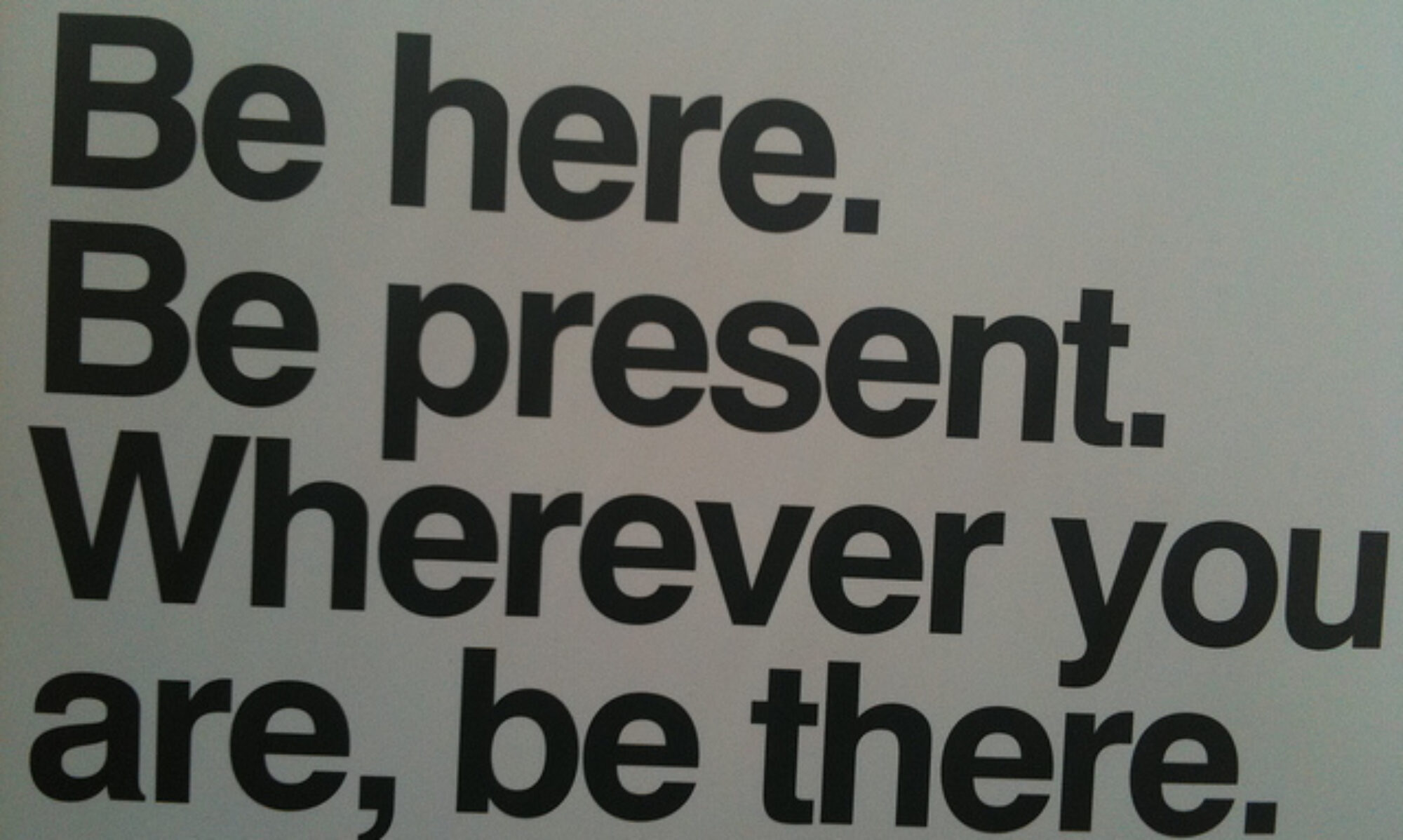I know I can’t be the only person in America (or the world) who is absolutely exhausted with the superlative headlines. You know the one. Some site will claim that their video or article will wholesale change your life for the better, make you more considerate, sort and organize your whites and colors (and fold them and put them away) and call your mom more than one time a week. This sort of over-promising irks me to no end, and I’m calling for an end.
Not surprisingly, hyping expectations in headlines has a basis in social science – one of my favorite topics – and the rise of Upworthy and its ilk has caused an explosion of these tactics. More often than not, the post title promises more than the actual article delivers, leaving users feeling a bit let down. I mean, is a “viral” video really going to change my mind about climate change, gun control or reproductive rights when I’m likely a staunch believer on one side of an issue. And those partisan folks, they don’t change their minds easily. The sites that are promising to change your life on social issues are preaching to the choir, and it’s likely that anyone who shares the video is preaching to the choir as well, since Facebook’s algorithm means the content you see first is that of the folks you interact with the most. And those people are likely to be sharing content that you want to read. And on and on. If we want to expose ourselves to opinions that will truly challenge us, it’s not going to be through those viral shares.
Long rant short: Upworthy and those other feel-good, pay-it-forward will not get my clicks because I don’t like being fooled. We already know the Internet is lazy, so why feed into it? Do you enjoy those headlines? Why or why not?
P.S. Anti-Upworthy? You’re welcome.
